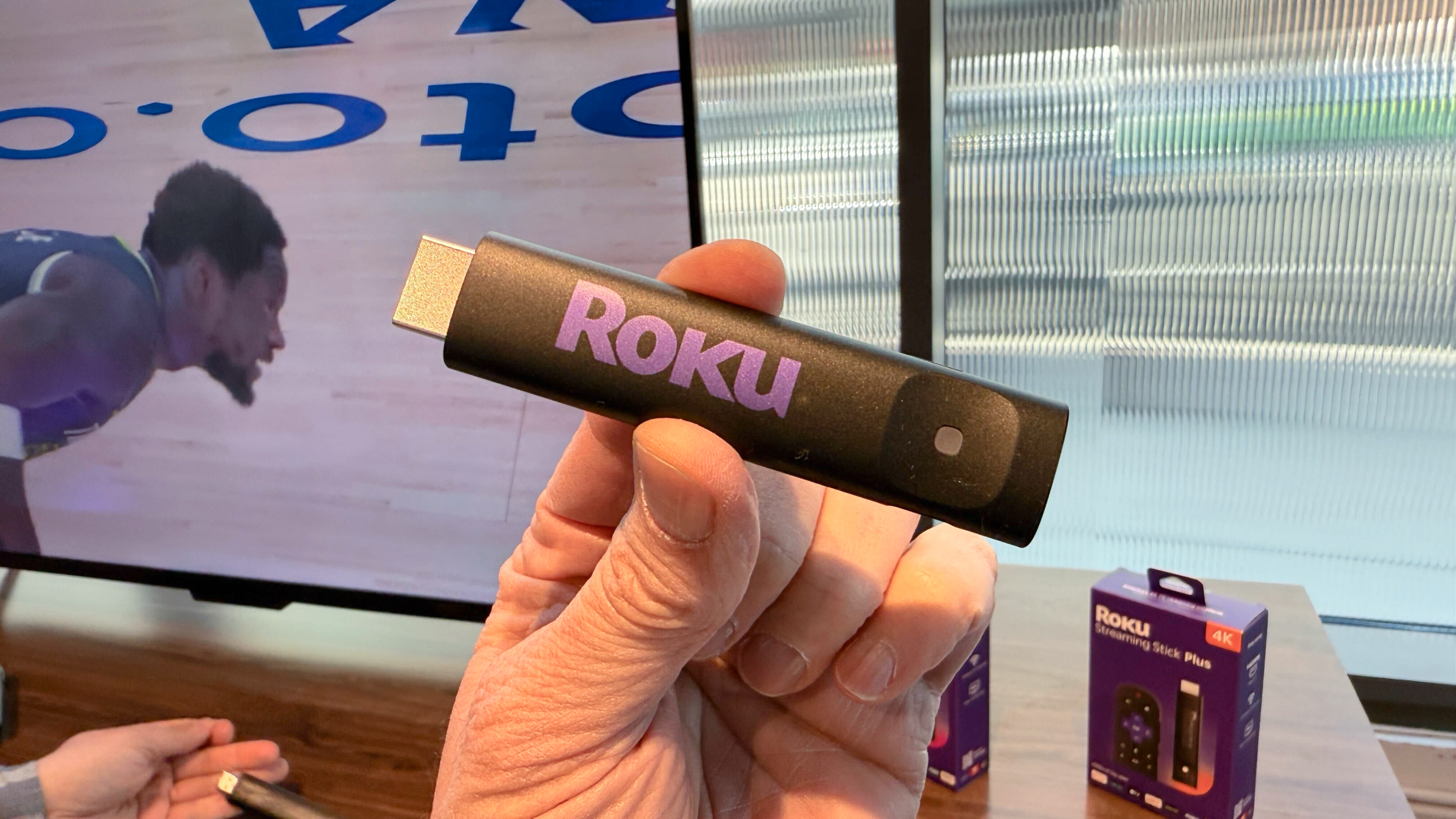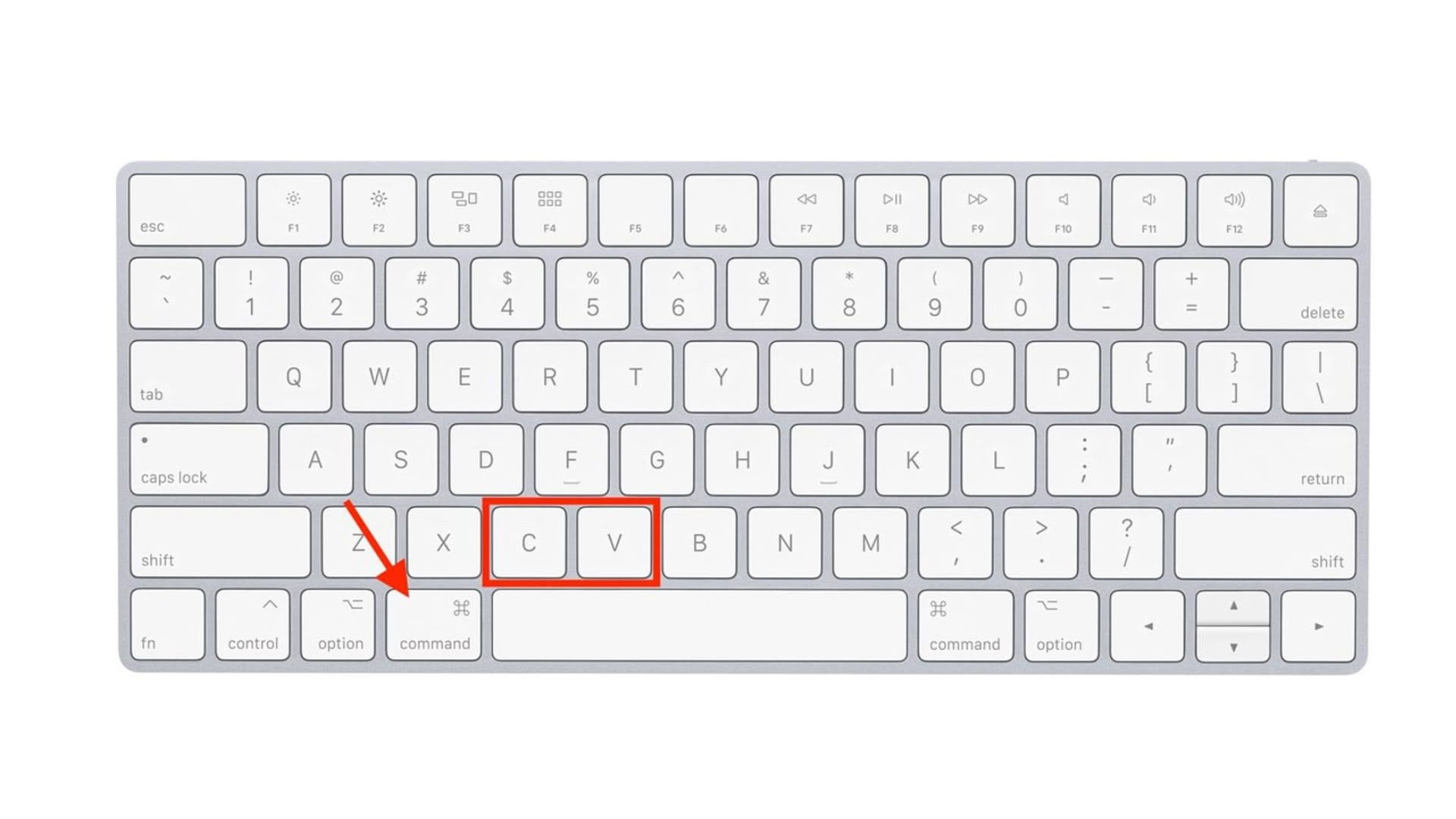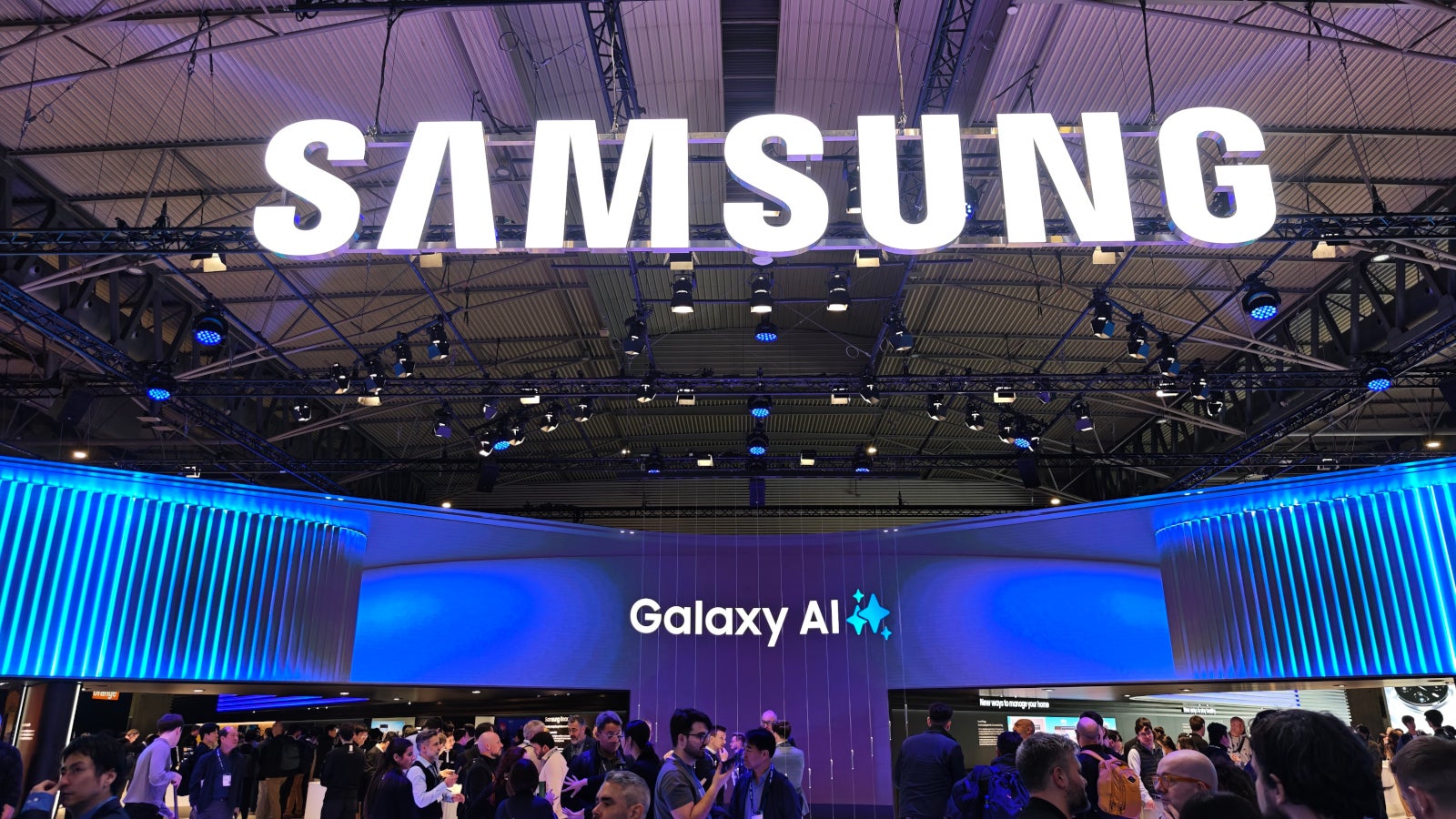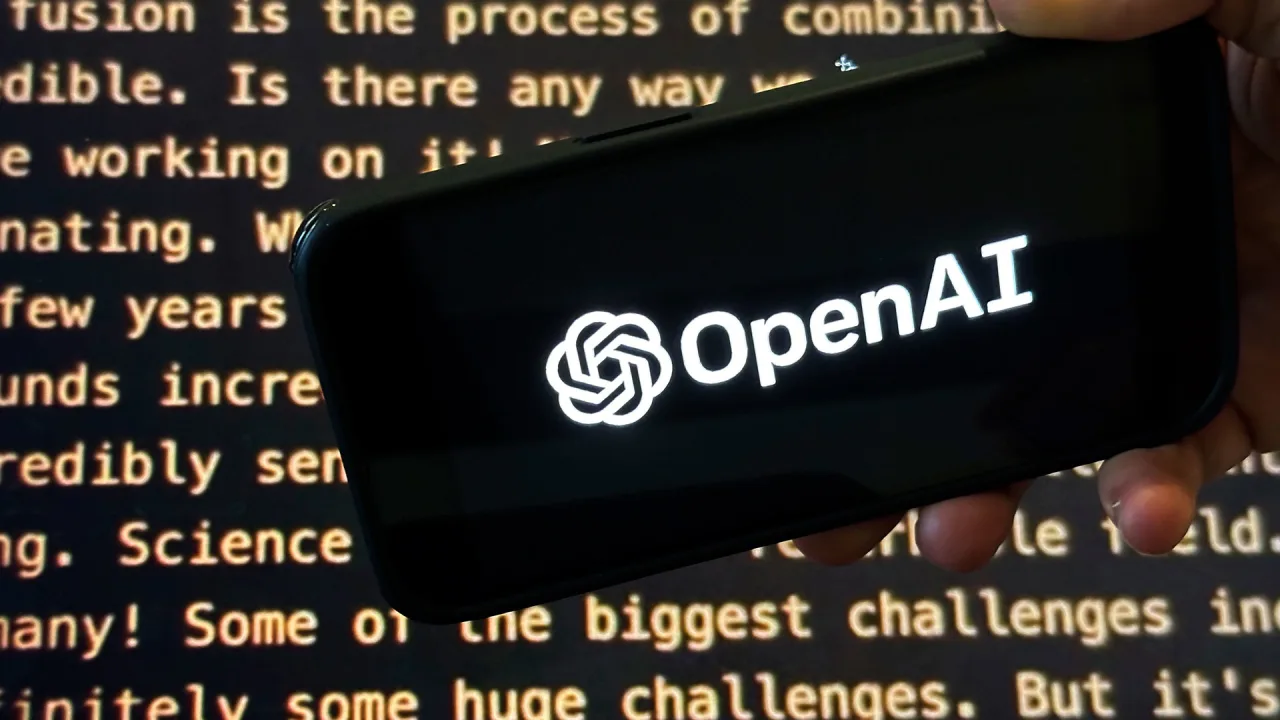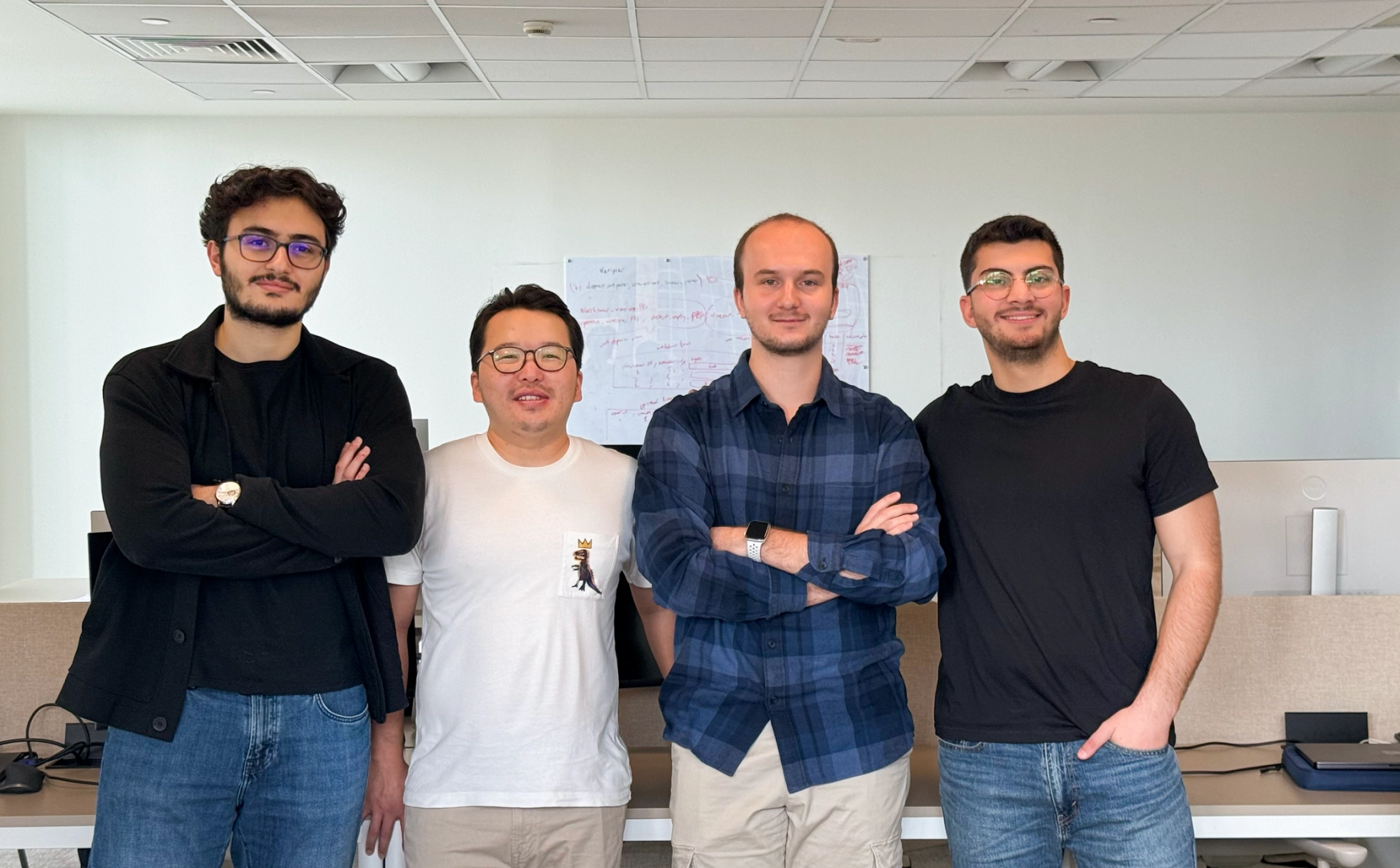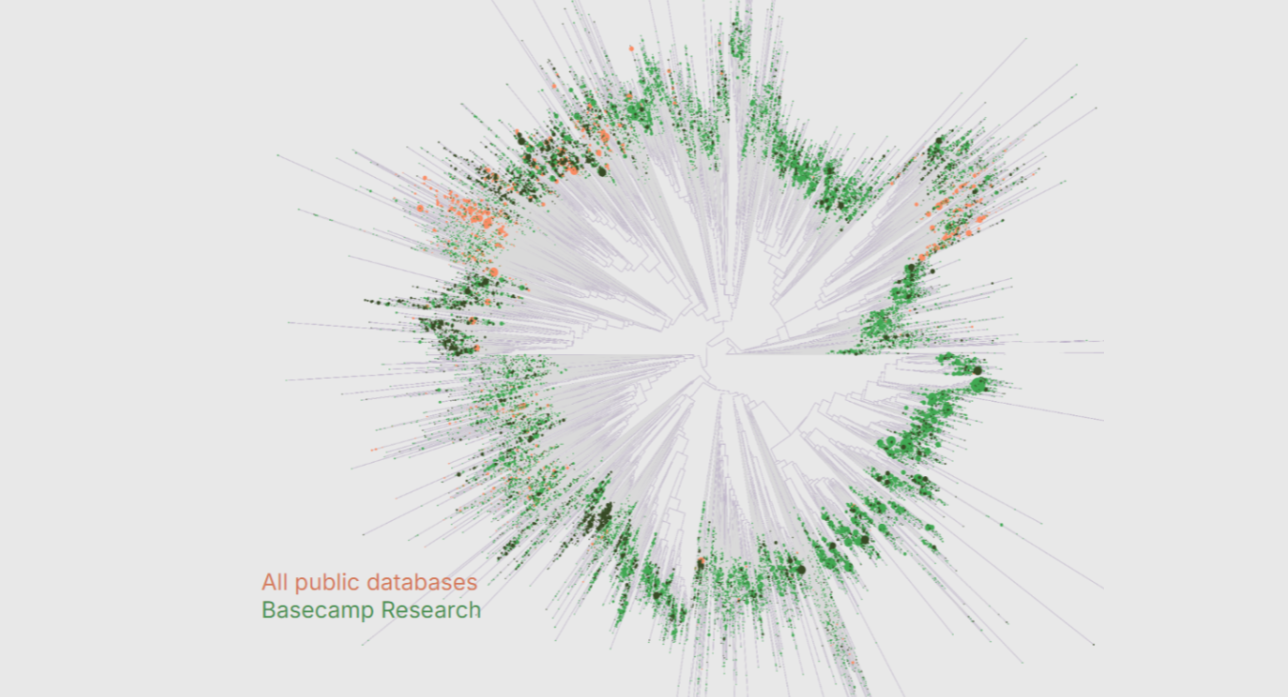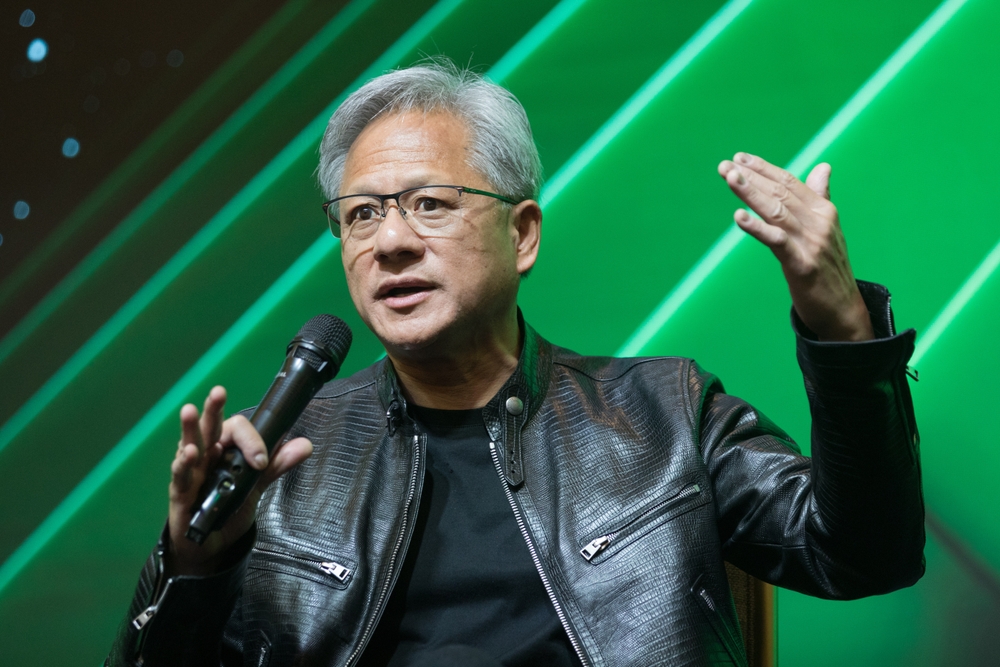Lenovo Storage Portfolio Refresh Aims to Speed Up AI Inference
So far, 2025 has been the year of agentic AI and real-time LLM deployment. But another piece of the AI stack is coming into sharper focus: storage. As enterprises move from experimentation to real-world deployment, they are rethinking how infrastructure supports inference at scale. Tasks like feeding large language models with high-speed data, running retrieval-augmented generation (RAG) workflows, and managing hybrid cloud environments all depend on fast, efficient, and scalable storage systems. Real-time inference can strain bandwidth, increase latency, and reveal the limits of legacy infrastructure. Lenovo is responding with what it calls the largest storage portfolio refresh in its history, aimed at improving data throughput, reducing power demands, and simplifying deployment across hybrid environments. Among the key additions in Lenovo’s portfolio are new AI Starter Kits that combine compute, storage, and networking in pre-validated configurations for RAG and inferencing workloads. These kits include features like autonomous ransomware protection, encryption, and failover capabilities, with an emphasis on reducing integration complexity for IT teams. The company is also introducing what it describes as the industry's first liquid-cooled hyperconverged infrastructure appliance. This "GPT-in-a-box" system, part of the ThinkAgile HX series, uses Lenovo Neptune liquid cooling to support high-density inference workloads while reducing energy consumption by up to 25 percent compared to previous-generation systems. Lenovo says its new ThinkSystem Storage Arrays offer performance gains of up to three times over the previous generation, along with power and density improvements that aim to shrink datacenter footprints. The company claims these systems can deliver up to 97 percent energy savings and 99 percent greater storage density when replacing legacy hard drive-based systems. Other updates include the ThinkAgile SDI V4 Series, which uses a software-defined approach to combine compute and storage resources for containerized and virtualized AI workloads. Lenovo claims up to 2.4 times faster inference performance for large language models, as well as gains in IOPS and transaction rates. Scott Tease, VP and general manager of Lenovo’s Infrastructure Solutions Product Group, said the new storage offerings are aimed at helping businesses scale AI more effectively: “The new Lenovo Data Storage Solutions help businesses harness AI’s transformative power with a data-driven strategy that ensures scalability, interoperability, and tangible business outcomes powered by trusted infrastructure. The new solutions help customers achieve faster time to value no matter where they are on their IT modernization journey with turnkey AI solutions that mitigate risk and simplify deployment.” One of the early adopters of Lenovo’s new storage offerings is OneNet, a provider of private cloud services. The company is using Lenovo’s infrastructure to improve both performance and energy efficiency in its datacenters. “Innovation is embedded in OneNet’s DNA and partnering with Lenovo represents a commitment to modernizing the data center with cutting-edge solutions that drive efficiency and sustainability,” said Tony Weston, CTO at OneNet. “Backed by Lenovo solutions and Lenovo Premier Support, OneNet can deliver high-availability, high-performance private cloud services that our customers can depend on.” With this portfolio update, Lenovo is positioning itself as a key infrastructure provider for enterprises looking to scale AI workloads without overhauling their entire stack. As inferencing and retrieval-based models become standard in production environments, vendors across the ecosystem are under pressure to make storage smarter, faster, and more adaptable.

So far, 2025 has been the year of agentic AI and real-time LLM deployment. But another piece of the AI stack is coming into sharper focus: storage.
As enterprises move from experimentation to real-world deployment, they are rethinking how infrastructure supports inference at scale. Tasks like feeding large language models with high-speed data, running retrieval-augmented generation (RAG) workflows, and managing hybrid cloud environments all depend on fast, efficient, and scalable storage systems. Real-time inference can strain bandwidth, increase latency, and reveal the limits of legacy infrastructure. Lenovo is responding with what it calls the largest storage portfolio refresh in its history, aimed at improving data throughput, reducing power demands, and simplifying deployment across hybrid environments.
Among the key additions in Lenovo’s portfolio are new AI Starter Kits that combine compute, storage, and networking in pre-validated configurations for RAG and inferencing workloads. These kits include features like autonomous ransomware protection, encryption, and failover capabilities, with an emphasis on reducing integration complexity for IT teams.
 The company is also introducing what it describes as the industry's first liquid-cooled hyperconverged infrastructure appliance. This "GPT-in-a-box" system, part of the ThinkAgile HX series, uses Lenovo Neptune liquid cooling to support high-density inference workloads while reducing energy consumption by up to 25 percent compared to previous-generation systems.
The company is also introducing what it describes as the industry's first liquid-cooled hyperconverged infrastructure appliance. This "GPT-in-a-box" system, part of the ThinkAgile HX series, uses Lenovo Neptune liquid cooling to support high-density inference workloads while reducing energy consumption by up to 25 percent compared to previous-generation systems.
Lenovo says its new ThinkSystem Storage Arrays offer performance gains of up to three times over the previous generation, along with power and density improvements that aim to shrink datacenter footprints. The company claims these systems can deliver up to 97 percent energy savings and 99 percent greater storage density when replacing legacy hard drive-based systems.
Other updates include the ThinkAgile SDI V4 Series, which uses a software-defined approach to combine compute and storage resources for containerized and virtualized AI workloads. Lenovo claims up to 2.4 times faster inference performance for large language models, as well as gains in IOPS and transaction rates.
Scott Tease, VP and general manager of Lenovo’s Infrastructure Solutions Product Group, said the new storage offerings are aimed at helping businesses scale AI more effectively: “The new Lenovo Data Storage Solutions help businesses harness AI’s transformative power with a data-driven strategy that ensures scalability, interoperability, and tangible business outcomes powered by trusted infrastructure. The new solutions help customers achieve faster time to value no matter where they are on their IT modernization journey with turnkey AI solutions that mitigate risk and simplify deployment.”
One of the early adopters of Lenovo’s new storage offerings is OneNet, a provider of private cloud services. The company is using Lenovo’s infrastructure to improve both performance and energy efficiency in its datacenters.
“Innovation is embedded in OneNet’s DNA and partnering with Lenovo represents a commitment to modernizing the data center with cutting-edge solutions that drive efficiency and sustainability,” said Tony Weston, CTO at OneNet. “Backed by Lenovo solutions and Lenovo Premier Support, OneNet can deliver high-availability, high-performance private cloud services that our customers can depend on.”
With this portfolio update, Lenovo is positioning itself as a key infrastructure provider for enterprises looking to scale AI workloads without overhauling their entire stack. As inferencing and retrieval-based models become standard in production environments, vendors across the ecosystem are under pressure to make storage smarter, faster, and more adaptable.










































































































































































![[The AI Show Episode 144]: ChatGPT’s New Memory, Shopify CEO’s Leaked “AI First” Memo, Google Cloud Next Releases, o3 and o4-mini Coming Soon & Llama 4’s Rocky Launch](https://www.marketingaiinstitute.com/hubfs/ep%20144%20cover.png)















































































































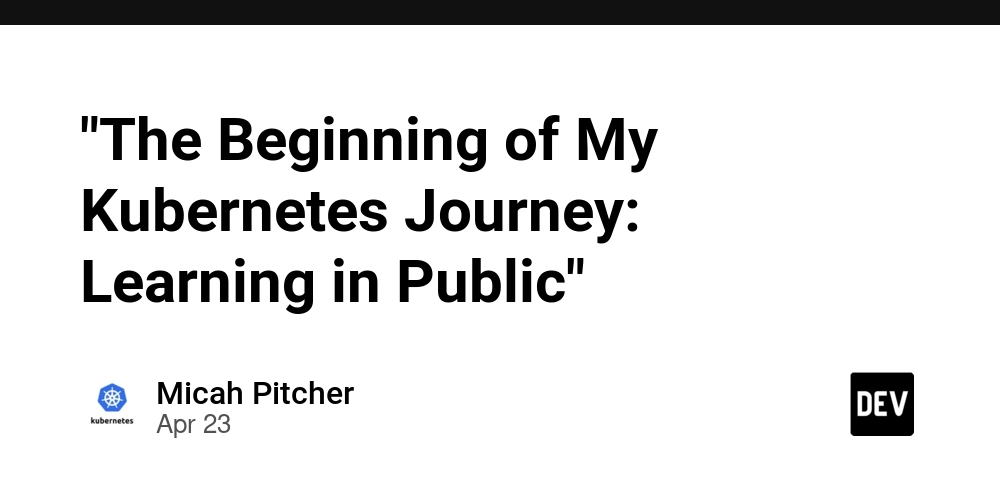
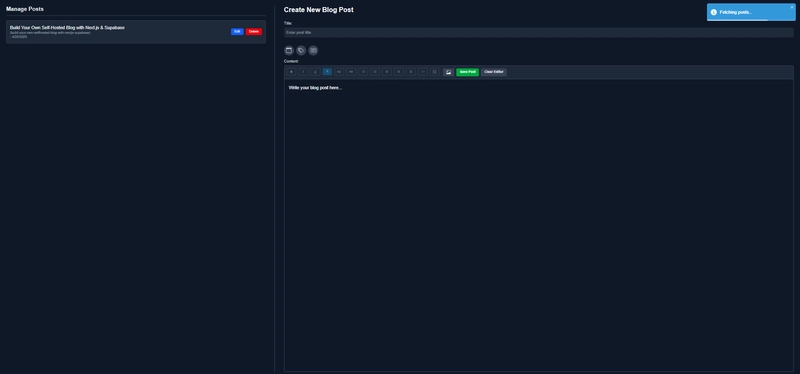
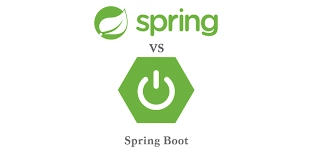






































![Did I Discover A New Programming Paradigm? [closed]](https://miro.medium.com/v2/resize:fit:1200/format:webp/1*nKR2930riHA4VC7dLwIuxA.gif)
























































































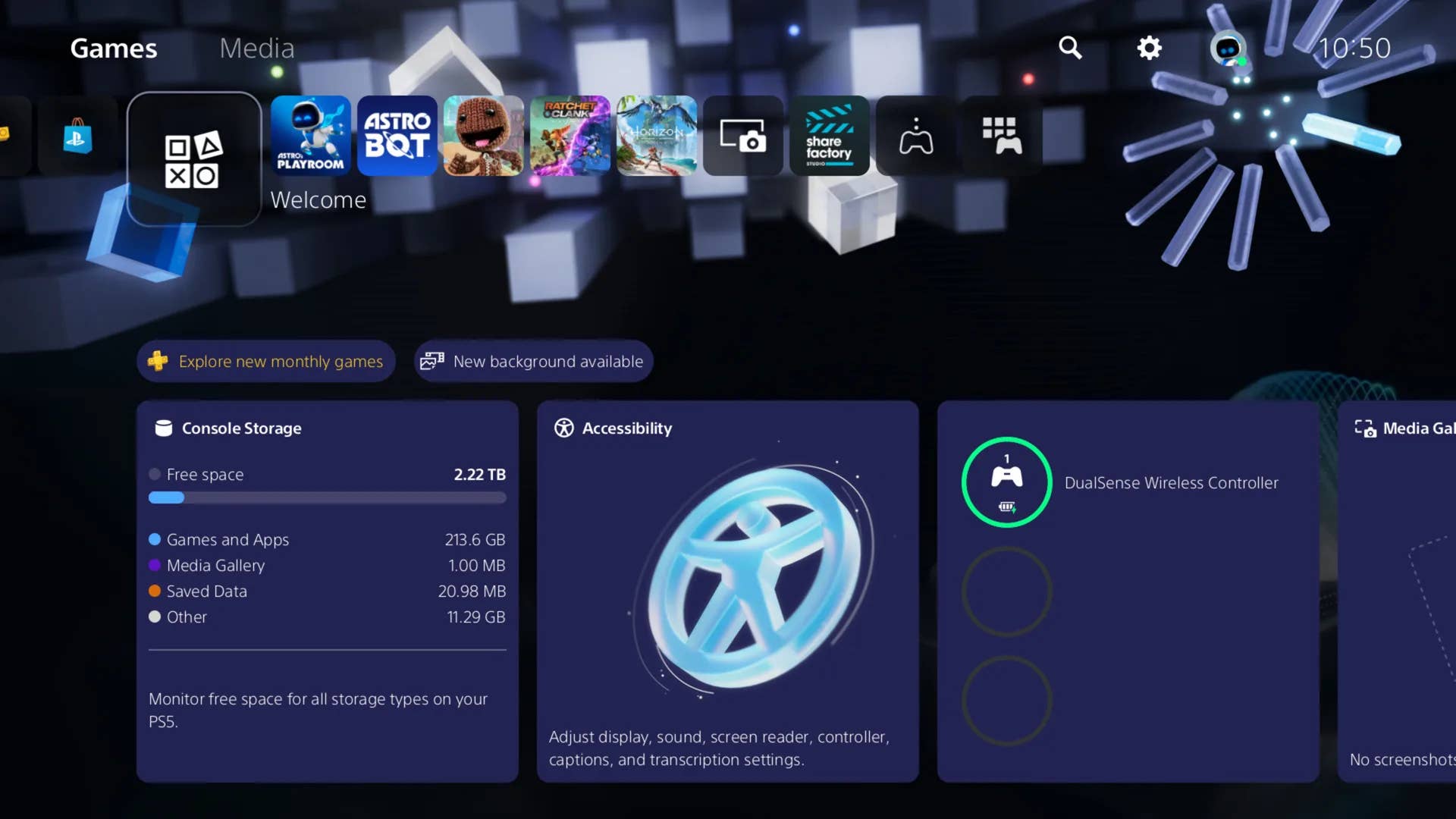
-Classic-Nintendo-GameCube-games-are-coming-to-Nintendo-Switch-2!-00-00-13.png?width=1920&height=1920&fit=bounds&quality=70&format=jpg&auto=webp#)



























_Wavebreakmedia_Ltd_FUS1507-1_Alamy.jpg?width=1280&auto=webp&quality=80&disable=upscale#)

























































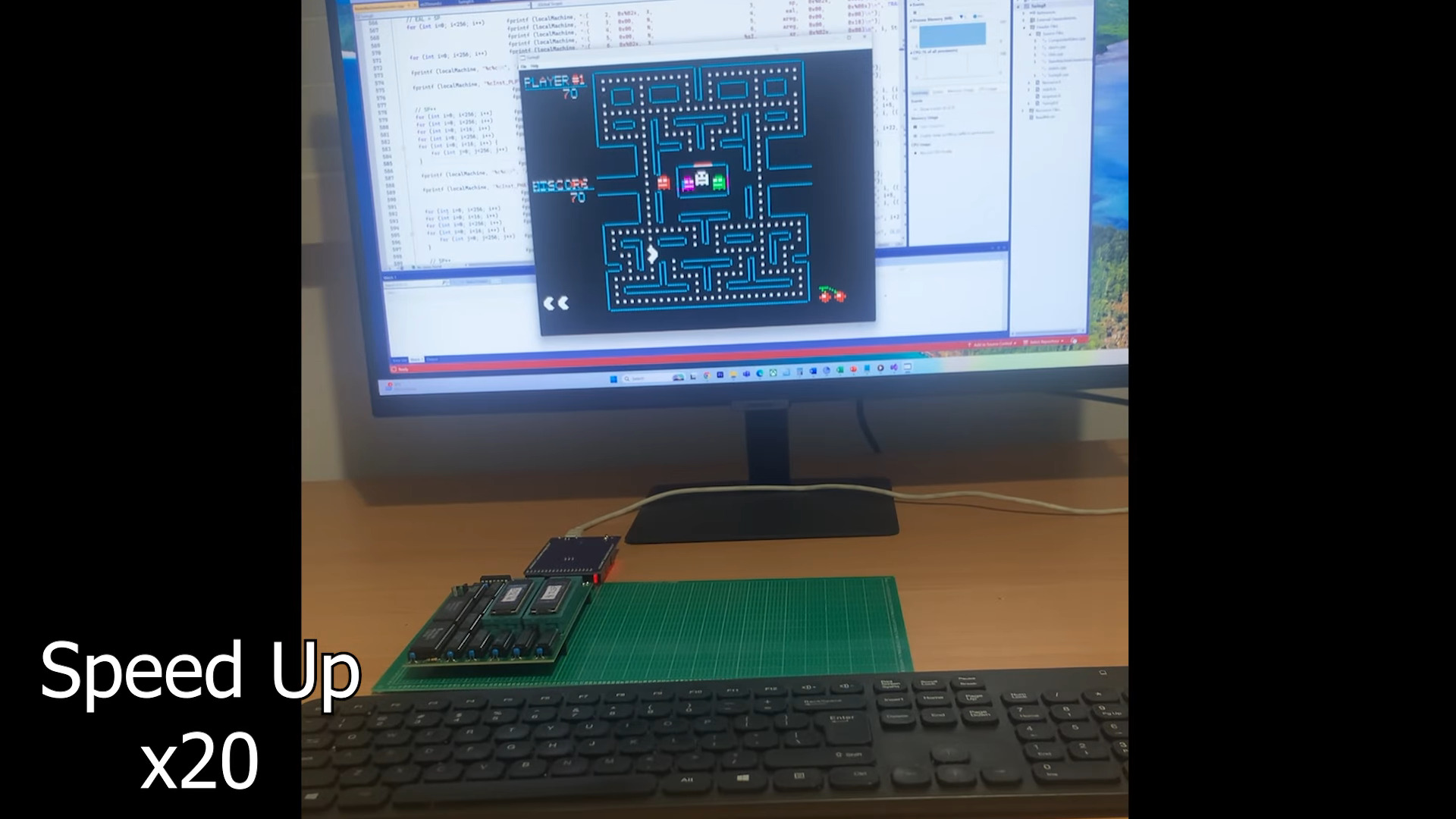


































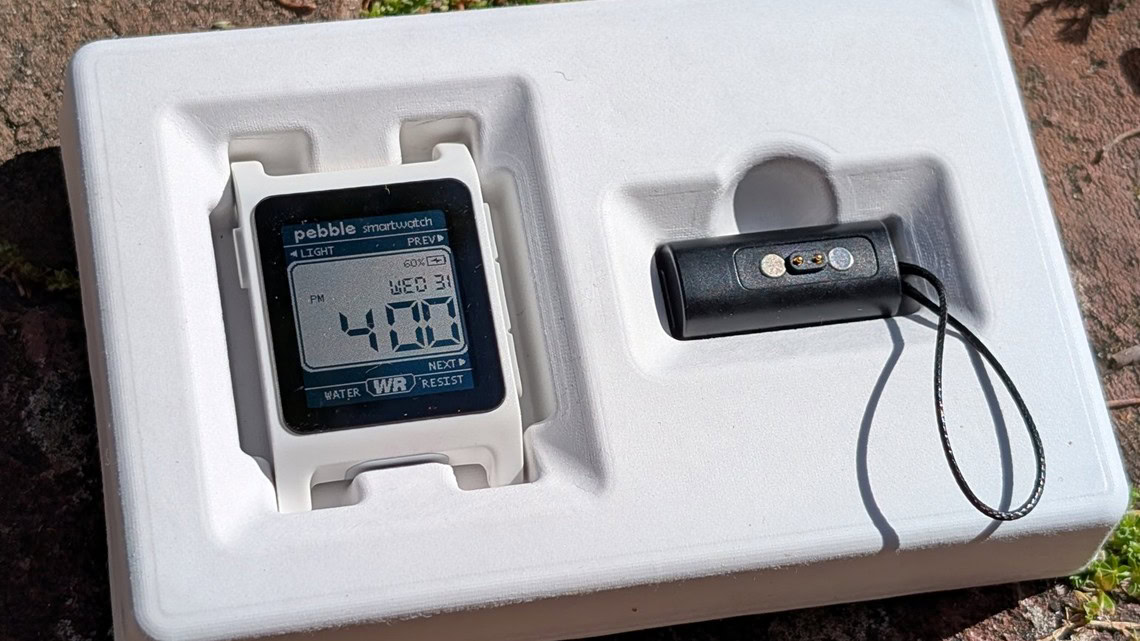



















![New iPhone 17 Dummy Models Surface in Black and White [Images]](https://www.iclarified.com/images/news/97106/97106/97106-640.jpg)


![Hands-On With 'iPhone 17 Air' Dummy Reveals 'Scary Thin' Design [Video]](https://www.iclarified.com/images/news/97100/97100/97100-640.jpg)

















